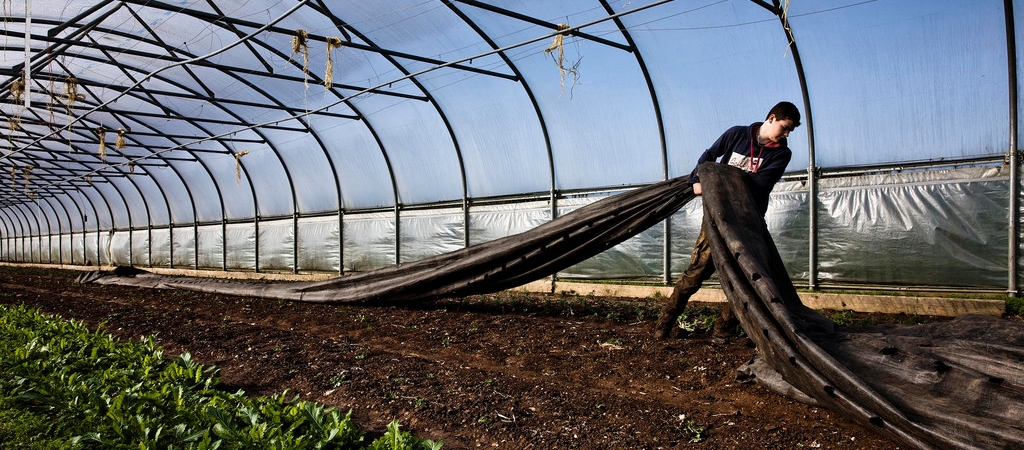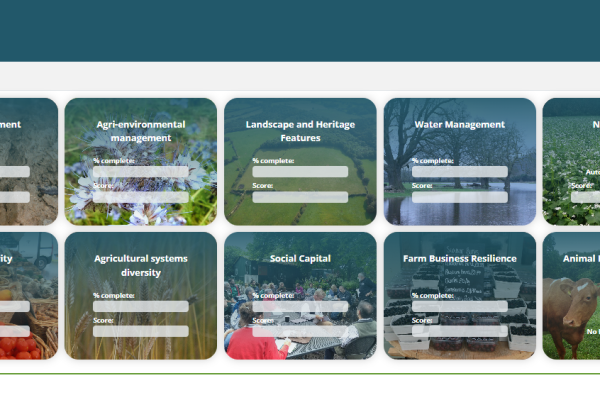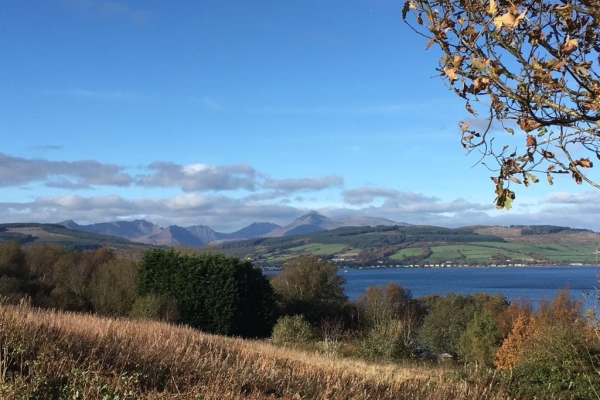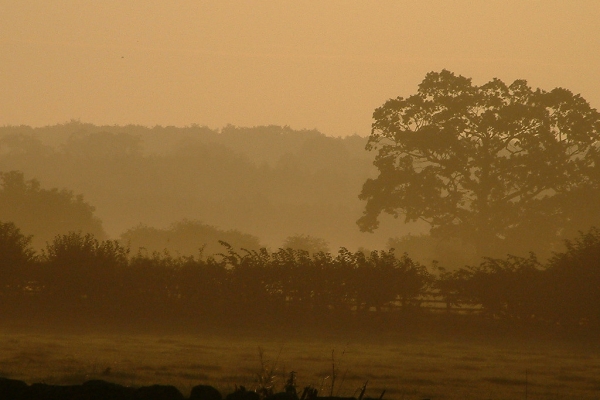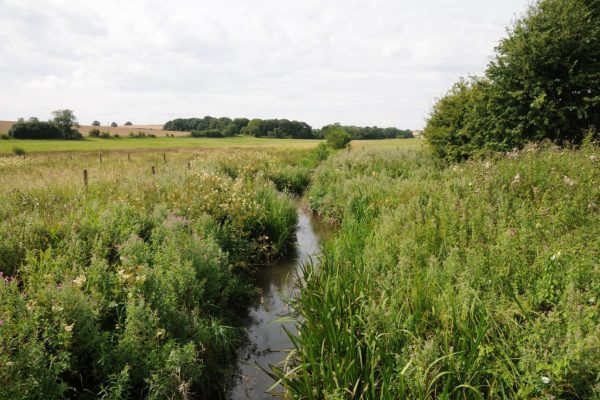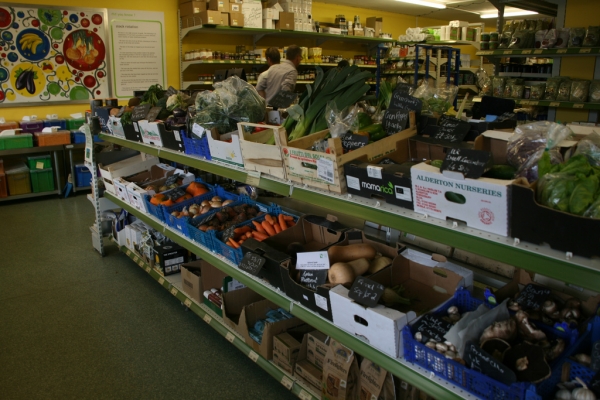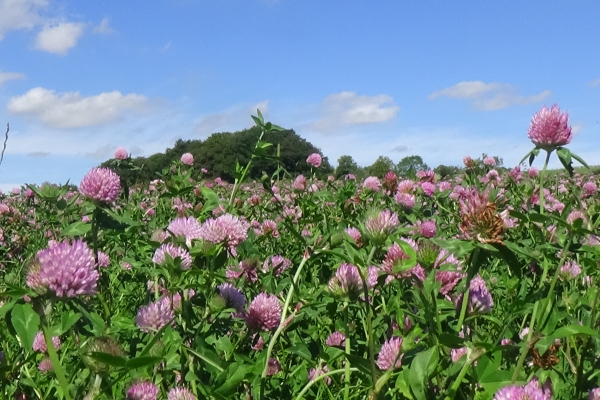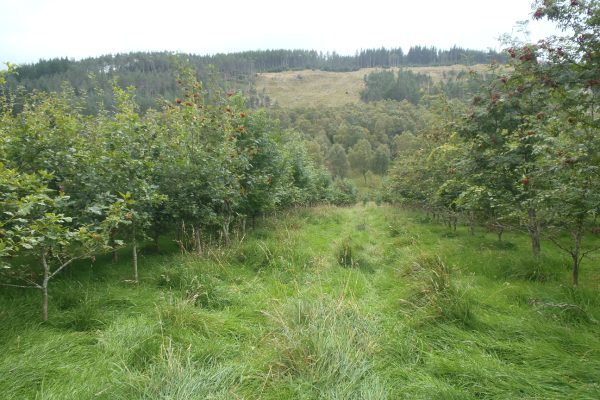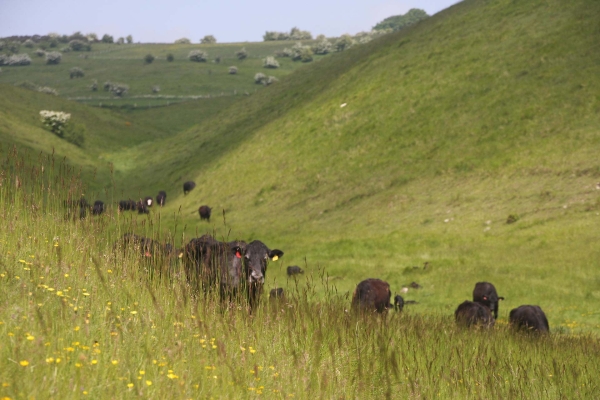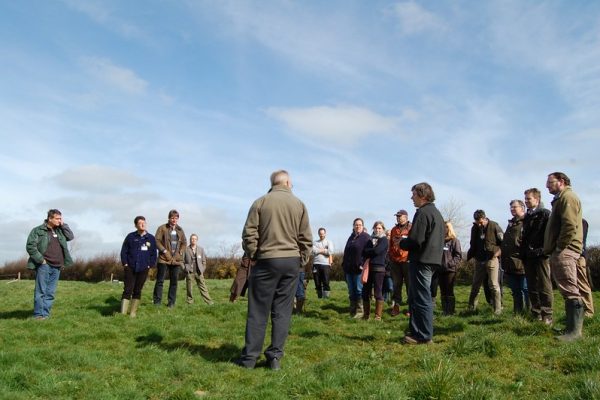The Cool Farm Tool
An online greenhouse gas and biodiversity calculator for farming
Resource explained
It is beneficial to understand the impacts of farm management on greenhouse gases (GHGs) and the environment, how biodiversity supports crop resilience, and how you can manage ghg and biodiversity impacts on the food chain. The web-based Cool Farm Tool (CFT) can help you do this. Originating from work undertaken by the Sustainable Food Lab, Unilever, and the University of Aberdeen, it was designed and developed by the Antithesis Group with support from the original authors. The Tool enables you to measure the GHGs and biodiversity impacts of your agricultural practices. A new section for water will also soon be added. Based on scientifically-based metrics, the aim is to help you improve the sustainability of your agricultural practices through tailored practical actions. Managed by The Cool Farm Alliance, it is free to use for farmers and can be applied to a wide range of contexts; from small holder farmers through to international food manufacturers.
Findings & recommendations
- The CFT is currently composed of two calculators; GHGs and biodiversity. To access and use the Tool, you have to firstly create a free account.
- The GHGs calculator measures on-farm emissions and soil carbon sequestration. You input data such as harvested yield and marketable yield product weights, growing area, number of pesticide applications, and herd or flock size. It can help you make management decisions by calculating the impact of different management options such as reducing tillage and adding cover crops.
- The biodiversity calculator scores management practices along four dimensions and for eleven species groups. You input data such as crop management and areas of small or linear habitats. It can help you select farming practices such as set asides of hedges or selective crop protection, based on their impact on different species.
- The water calculator will provide you with a blue and green water footprint. You will be able to input data such as planting/harvesting time frames and soil moisture at time of planting. It will help you compare water applied with estimated requirements based on global datasets, and assess the impacts of different management options e.g. increasing soil organic matter to improve retention.
- You can access video demos and user guides to help support your use of the CFT.
- Your results can help inform your farm management options, environmental performance, and help you track and measure improvements over time.
